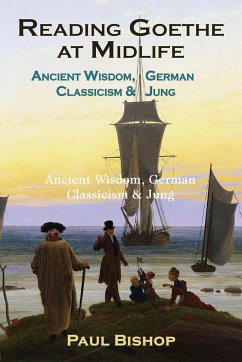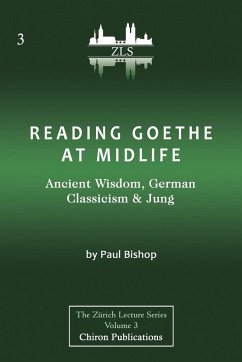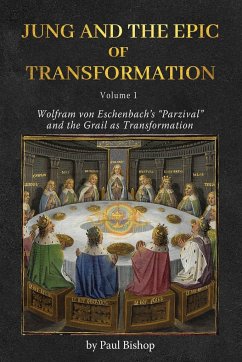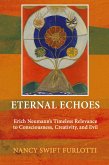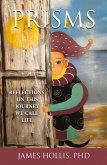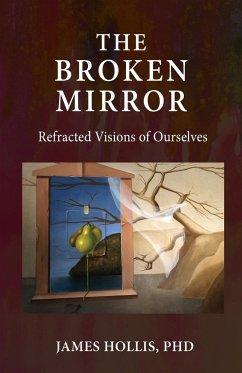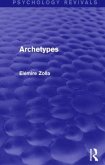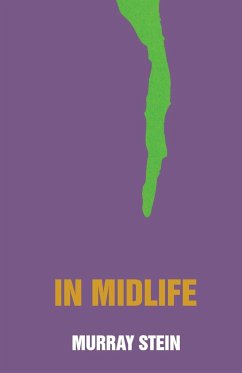This book explores the history of the idea of the midlife crisis, using the writings of C.G. Jung and Goethe to investigate its relevance for today. Tracing how "the ages of humankind" became "the stages of life" in which the midlife crisis represents a pivotal moment, Paul Bishop offers a detailed analysis of a paper by Jung on this subject. He then shifts the focus to Goethe's interest in Orphic wisdom, and one of Goethe's major later poems, "Primal Words. Orphic" (Urworte Orphisch). Using Jungian ideas to explore the psychological implications of this poem, Bishop draws on Goethe's own commentary, and other background material, to uncover its vital message. Reading Goethe at Midlife reveals the remarkable symmetry between the ideas and Jung and Goethe. Jung's analysis of the stages of life, and his advice to heed the "call of the self," are brought into the conjunction with Goethe's emphasis on the importance of hope, showing an underlying continuity of thought and relevance from ancient wisdom, via German classicism to analytical psychology. Table of Contents List of Abbreviations Acknowledgments Preface to the second edition PART ONE Chapter 1: The Stages of Life and the Midlife Crisis: A Brief History of an Idea Two Visual Starting Points - From the Ages of Humankind… …to the Stages of Life -- The Stages of Life: An Idea Comes of Age - The Midlife Crisis - Walter B. Pitkin and Edmund Bergler - Erik H. Erikson and Elliott Jaques - Gail Sheehy and Daniel J. Levinson - Other Approaches, Including the Return of the Noonday Demon - Jungian Approaches to Midlife - Literature of the Nineties - Recent French Approaches: Éric Deschavanne and Pierre-Henri Tavoillot, Marie de Hennezel and Bertrand Vergely Chapter 2: The Turning Point in Life: What Conflict the Sun Must Experience at Midday! PART TWO Chapter 3: Goethe's Orphism The Cult of Orpheus - Orpheus in the Age of Romanticism - Goethe's Relation to the Orphic Mysteries - Creuzer and Hermann, Zoega and Welcker - Faust as Orpheus - Orphism, and Primal Words Chapter 4: Primal Words. Orphic Daimon - Chance - Eros - The Necessity of Love; or, Erotic Necessity - The Necessity of Necessity; or, Necessary Necessity - Hope - Conclusion Index
Hinweis: Dieser Artikel kann nur an eine deutsche Lieferadresse ausgeliefert werden.
Hinweis: Dieser Artikel kann nur an eine deutsche Lieferadresse ausgeliefert werden.

